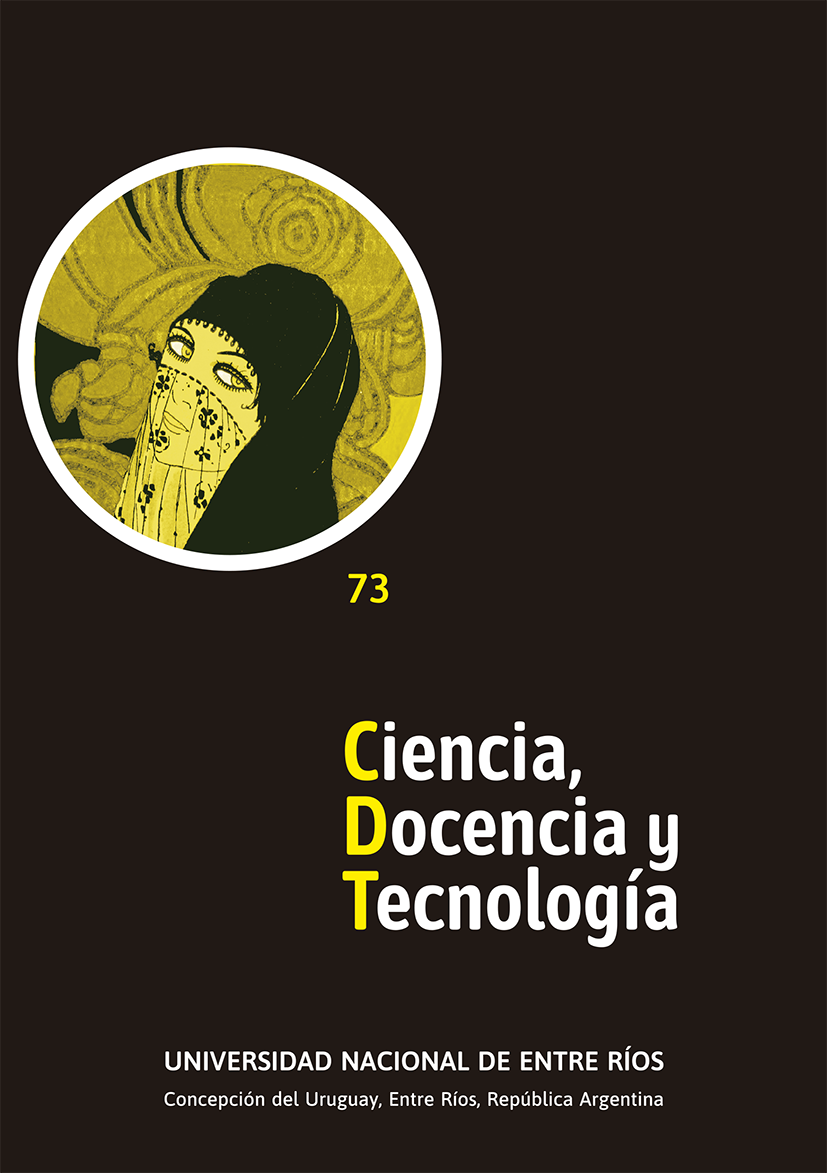Abstract
This study is part of a multi-year educational research project. This stage of the research was exploratory-descriptive pre-experimental, using a single measurement and participant observation, semi-structured surveys, and Likert scale rating. Flipped classroom and game-based assessment were proposed as teaching and assessment devices for Technical English disciplinary content for university students. This intervention was carried out for two years in a virtual format during the pandemic and one year in a face-to-face setting with the return to classrooms, using a flipped classroom approach and gamified self-assessment questionnaires. Six theoretical videos were designed, which were watched prior to each class, followed by a multiple-choice questionnaire during the synchronous session. The questionnaires were created using the platforms Educaplay, Kahoot, and Quizizz. At the end of the experience, empirical information was collected regarding the platforms and the teaching and assessment devices.
References
ABEYSEKERA, L. Y DAWSON, P. (2015). Motivation and cognitive load in the flipped classroom: definition, rationale and a call for research. Higher Education Research & Development, 34:1, 1-14. https://doi.org/10.1080/07294360.2014.934336
ANDRADE, E., Y CHACÓN, E. (2018). Implicaciones teóricas y procedimentales de la clase invertida. Revista de educación Pulso, 41, 251-267.
ANIJOVICH, R. (2014). Gestionar una escuela con aulas heterogéneas: Enseñar y aprender en la diversidad. Paidós.
AUSUBEL, P., NOVAK, J., Y HANESIAN, H. (1983). Psicología educativa: Un punto de vista cognitivo. Trillas.
BANEK ZORICA, M. (2014). Edutainment at the higher education as an element for the learning success [conferencia]. 6th International Conference on Education and New Learning Technologies. Barcelona, España.
BERGMANN, J., Y SAMS, A. (2014). Dale la vuelta a tu clase. Editorial SM.
CLERICI, C.(2012). El juego como estrategia de enseñanza y aprendizaje en el nivel superior. Revista Diálogos Pedagógicos, 10(19), 136-140. http://revistas.bibdigital.uccor.edu.ar/index.php/dialogos/article/view/199/11
CLERICI, C., ECKERDT, M. C., Y NAEF, E. F. (2021). Leer para ganar: el juego como dispositivo didáctico en la educación superior. Diálogos Pedagógicos, 19(37), 1-13 http://revistas.bibdigital.uccor.edu.ar/index.php/dialogos/article/view/4999/3355
ELIZONDO, J.H., FONSECA, A.S. (2018). La evaluación formativa en el proceso enseñanza-aprendizaje en estudiantes de actividad deportiva de la Universidad de Costa Rica. Estudios pedagógicos, 44(2), 297-310.
JIMÉNEZ GALÁN, Y. I., HERNÁNDEZ JAIME, J., Y RODRÍGUEZ FLORES, E. (2021). Educación en línea y evaluación del aprendizaje: de lo presencial a lo virtual. RIDE. Revista Iberoamericana para la Investigación y el Desarrollo Educativo, 12(23), e013. https://doi.org/10.23913/ride.v12i23.1005
GARCÍA, Á., MARTÍNEZ, R., JAÉN, J. A., & TAPIA, S. (2016). La autoevaluación como actividad docente en entornos virtuales de aprendizaje/enseñanza. Revista de Educación a Distancia, 50, (14). 1-11.
GONZÁLEZ, P., CANET, O., Y ROBLEDA, G. (2019). Uso del juego como instrumento evaluador en estudios superiores de ciencias de la salud. Revista d’Innovació Docent Universitària, 11, 1-11.
GONZÁLEZ, L. F., HERNÁNDEZ, A. G., & TORRES, M. T. (2017). Relaciones entre estrés académico, apoyo social, optimismo-pesimismo y autoestima en estudiantes universitarios. Electronic Journal of Research in Education Psychology, 13(35), 111-130.
MAGGIO, M. (2021). Educación en pandemia: Guía de supervivencia para docentes y familias. Paidós.
SHUTE, V., Y KE, F. (2012). Games, Learning and Assessment. En D. Ifenthaler (Ed). Assessment in game-based learning (pp. 43-58). Business Media

This work is licensed under a Creative Commons Attribution-NonCommercial-ShareAlike 4.0 International License.
Copyright (c) 2025 María Florencia Becerra, Danisa Siomara Bastida, Carolina Chirino, Valerie France Gänswein, Alcides Juan Diego Caballero, Carolina Clerici

